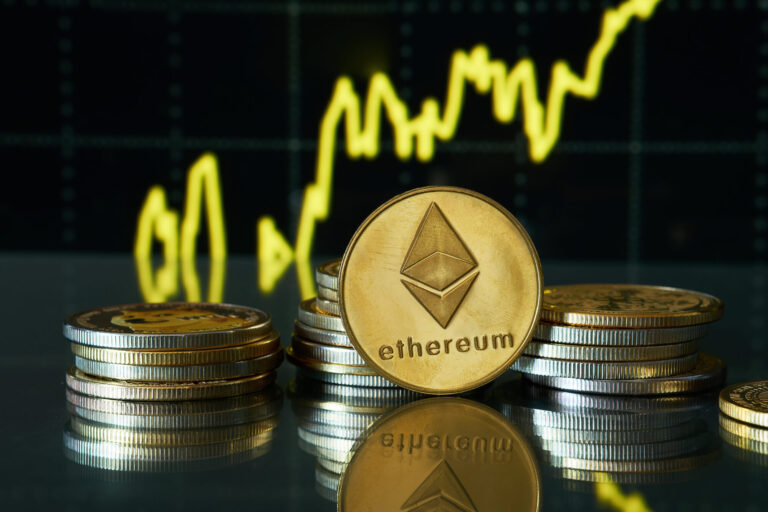JPMorgan has conducted a historic pilot transaction through its new settlement unit, Kinexys Digital Payments. For the first time, the US banking giant used a public blockchain to trade tokenized assets.
A tokenized US Treasury fund (OUSG) from Ondo Finance was traded on the public Ondo Chain testnet, while payment settlement was handled via Kinexys. The two systems were connected through Chainlink’s CCIP (Cross-Chain Interoperability Protocol). The result: a fully automated Delivery-vs-Payment (DvP) transaction between a private and a public blockchain – a significant step forward for institutional tokenization.
From banks to blockchains: the first bridge
What makes this transaction unique is its cross-chain architecture. The payment was executed on JPMorgan’s private Kinexys blockchain, while the asset swap took place on the publicly accessible Ondo Chain. Chainlink acted as the bridge between the two systems. Thanks to CCIP, the transaction was settled atomically – meaning it was either completed in full or not at all – representing a major leap in security, transparency, and efficiency compared to today’s intermediary-driven DvP processes.
Nathan Allman, CEO of Ondo Finance, stated that this architecture sets new standards for institutional-grade tokenization. By integrating traditional assets on public blockchains – in this case, tokenized US Treasuries – a fully interoperable, transparent financial model is emerging for the first time.
What this means for the future
This test transaction underscores the growing role of public blockchains in the institutional financial sector. Until now, banks like JPMorgan have used almost exclusively closed systems (e.g., Onyx) for blockchain solutions. The move toward public chains shows that transparency, liquidity, and global accessibility are gaining importance. Chainlink’s CCIP is becoming critical infrastructure for an “Internet of Finance” that intelligently connects private and public systems.
JPMorgan has been continuously developing its own blockchain technology for years. However, instead of integrating it into public blockchains, the largest bank in the US has opted for an approach described by many in the crypto world as a “walled garden” and has built a private network that only its customers can use. JPMorgan is finally venturing beyond this garden. The test is highly symbolic: it shows that Wall Street is serious about integrating DeFi elements into the real financial world – a milestone for the tokenization of traditional assets.








